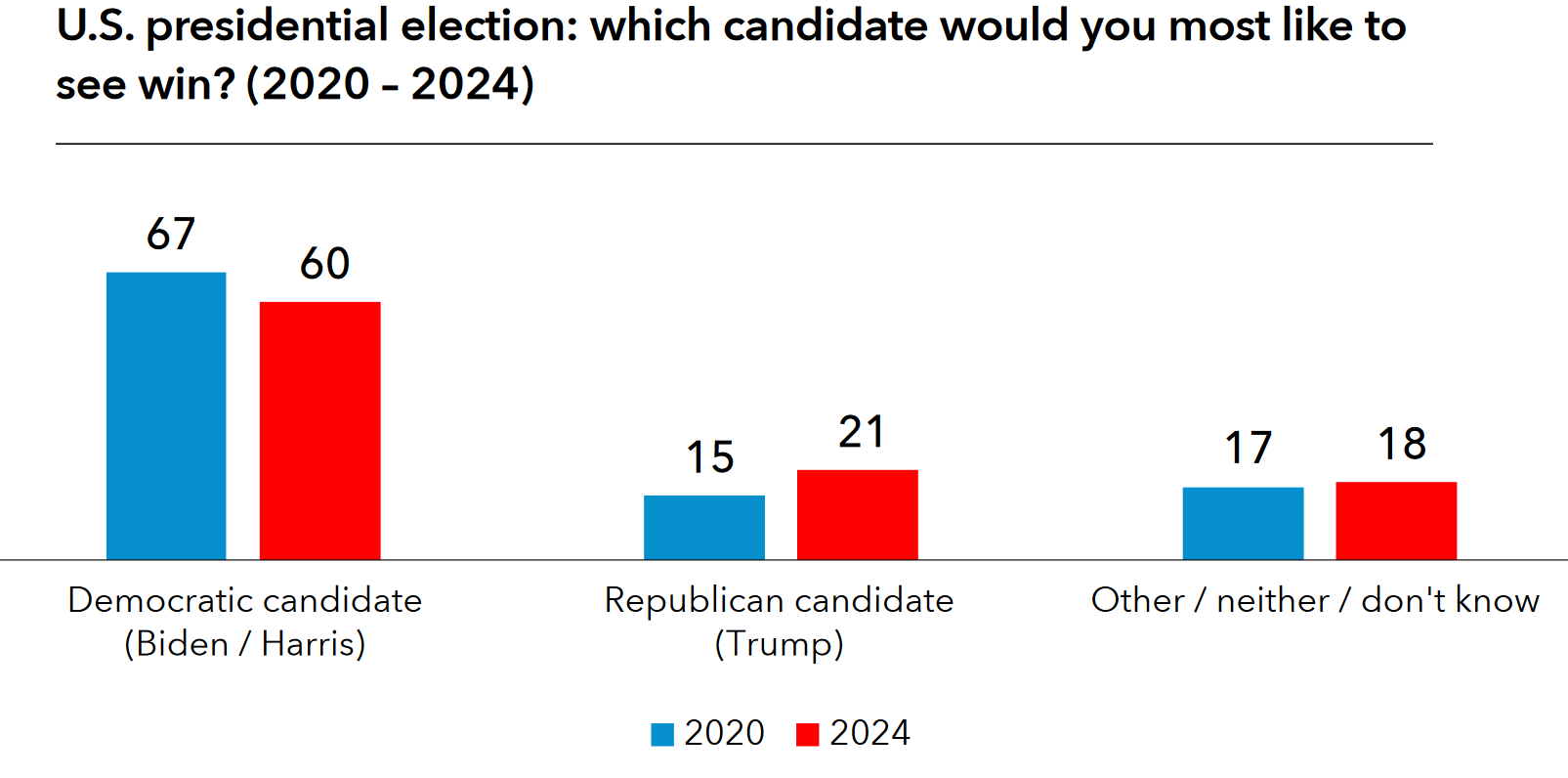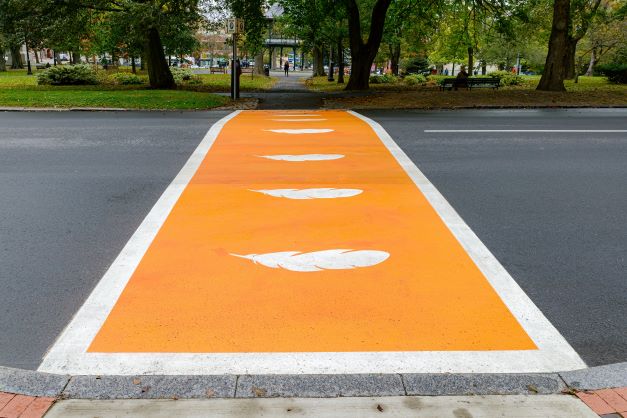
Canadians and the U.S. Presidential Election


OTTAWA — One year after more than 1,000 unmarked graves were discovered on the grounds of former residential schools — putting a global spotlight on Canada’s horrific history of assimilation and abuse of Indigenous children — Canadians are barely any more familiar with the painful legacy of the institutions, new research shows.
According to data shared with the Star, 62 per cent of Canadians say they feel very or somewhat familiar with the history of residential schools, compared to 60 per cent who said they felt the same way in early 2021.
“I’m not surprised,” says Nunavut MP Lori Idlout. “If there’s interest in Indigenous history, it has to be sought out, so I’m not surprised that the history is still not well understood by mainstream Canada.”
The numbers come from a new report on Canada’s relationship with Indigenous peoples, as part of the annual Confederation of Tomorrow survey conducted by the Environics Institute and its partners. More than 5,400 adults took part in the survey, which was first rolled out in 2019. This year’s report is the first release since the burial sites were confirmed last year.
Read moreExtensive research shows that having a mentor at work has numerous benefits for both participants and employers. Leaders, particularly women, Indigenous, and racialized leaders often cite mentorship as key to their success.
Read MoreRecent polling on immigration, energy, foreign relations and generational divides offers clues about where voters may be heading next.
Read MoreOur various expressions of nationalism will keep tying us up in knots, and for that we should be thankful.
Read More